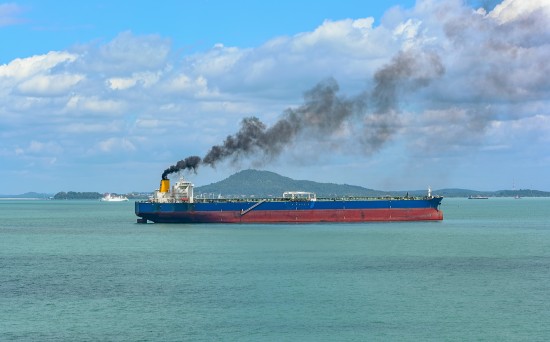Limiting the coal production in the EU does not result in the reduction of CO2 emission

Piotr Skorynko, Director of the Mining Projects Division of JSW Innovations draws attention to the fact that actions taken to combat climate change are an extremely difficult challenge not only for mining, but also for metallurgy and coke industry. Coal is used not only in the production of energy or heat. The use of coal in the steel production process is extremely important for the economy of almost every country, which is an indispensable element ensuring the development of industry, including Renewable Energy Sources.Most, as much as 70% of coking coal is imported into the European Union mainly from the United States and Australia, while the import dependency ratio is 63%, which means that the UE imports more coking coal than it produces.Analysts from JSW Innovations analyzed the level of CO2 emissions when importing 17 million tons of coking coal from Newcastle to European ARA ports, which is a distance of 24,000 km. Studies have shown that the annual emission is 4.2 million tons per 17 million tons of coking coal, i.e. about 250 kg CO2 per ton of coal.It means that CO2 emissions during transport of the raw material are much higher than the extraction of it, e.g. at Polish JSW plants.Therefore, in order to minimize the negative impact on the natural environment, the EU should ensure that coking coal companies can grow dynamically within internal structures, while ensuring access to the raw material necessary for steel production.
